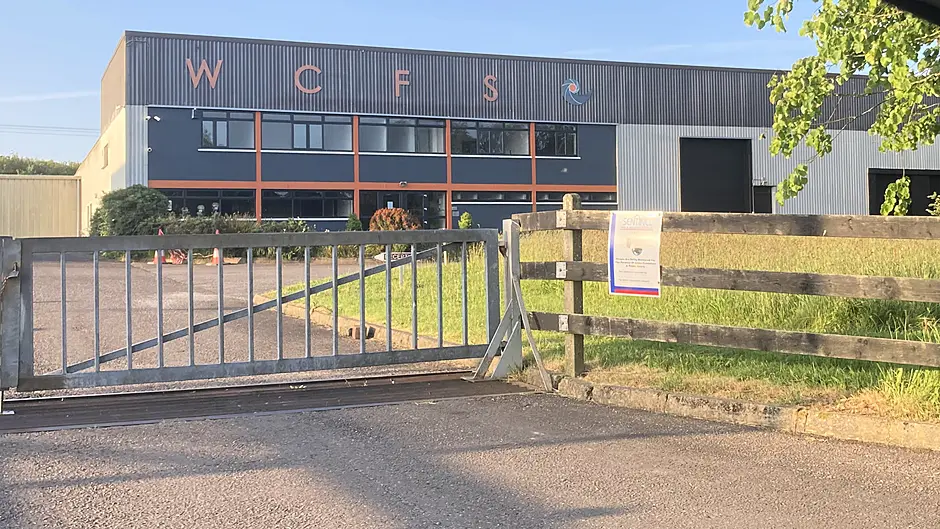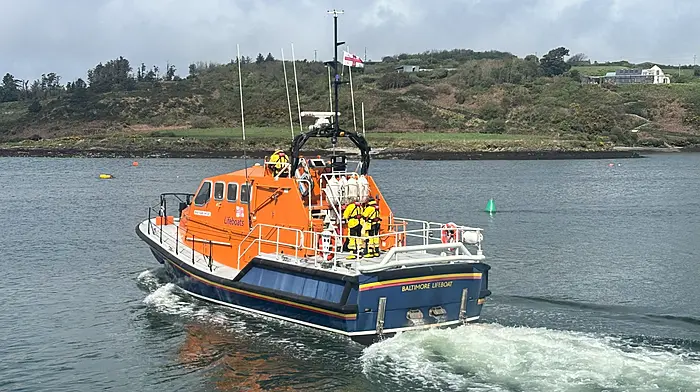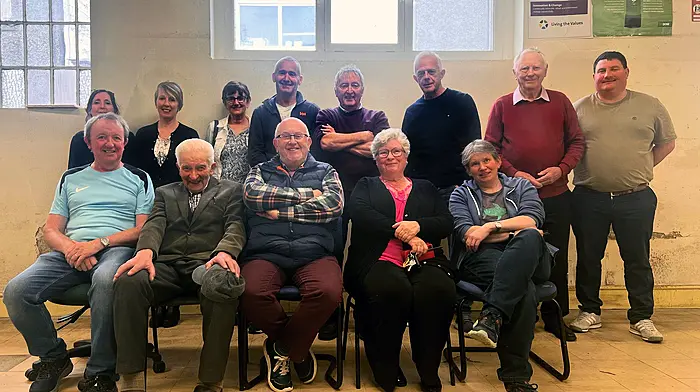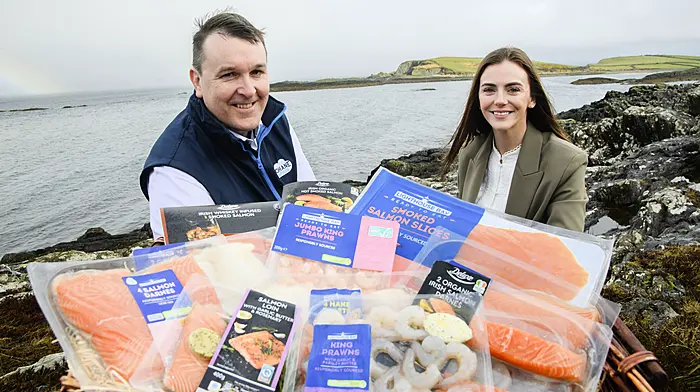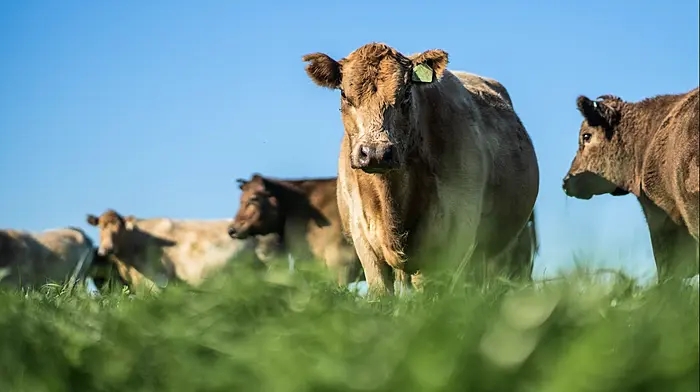THE filming of a Hallmark movie in Baltimore, Bantry, Ballydehob, and Skibbereen has been described as ‘a soft landing’ for West Cork Film Studios.
In welcoming the casting director and the Irish-Canadian Hallmark film crew to West Cork, Édaín O’Donnell, one of the directors of WCFS, said they are delighted to be able to support the project.
It is the first major production to be based at the WCFS, which is located at Baltimore Road in Skibbereen. And it has given the studios the perfect opportunity to roll out, and develop, film infrastructure in West Cork.
Édaín confirmed that 200 people aged from their 30s to 70s have already applied for the 130 positions as extras required for the shooting of the yet-untitled film in four key West Cork locations.
Locally, she said people cannot do enough to assist the project, which will film from this week until November 8th.
The 130 extras, who are predominately from West Cork, will appear in dance, street scenes, and a ‘New York’ gallery scene, and be paid €120 per day, plus lunch, for their contribution.
The Hallmark channel focuses on romance and love stories but many of these movies are distributed widely so it should prove to be a massive boost for West Cork.
West Cork Film Studios, which officially opened last year, has been busy preparing professional sound studios, wardrobe, and make-up departments.
They have also established a separate entity – a database for extras, which was one of the big selling points in securing the Hallmark movie.
The production required a road closure in Baltimore on Tuesday, but with traffic management – and a detour – in place.
Édaín also welcomed the new 8% uplift for film productions under the section 481 film tax credit provided in Budget 2025.
‘This means that Ireland is now in a stronger position, not only to incentivise and encourage our incredibly talented indigenous filmmakers, but also to compete on an international stage to attract film projects to Ireland,’ she said.
‘The initiative recognises the cultural significance of the Irish film, television and animation industry, and will provide vital support for our Irish film production and storytellers on screen.
‘We have had a surge of creative talent in recent years, with a strong emerging voice in both Irish and English,’ she added.
‘The bolstering of our tax credit to 40% for lower to mid-range screen projects is sending ripples of excitement across the world in its positivity for the Irish screen sector and securing a vibrant future with extended global reach.’
The additional tax credit for unscripted films is important for an area of filmmaking that cannot be underestimated, according to Édaín.
‘It is increasingly popular worldwide and this fiscal measure will greatly assist in the development of this opportunity,’ she said.
‘These enhancements go a long way to endorsing the continued progress and development of Ireland as a leading light in its own grassroots productions and also inspires the exploration of more creative international partnerships.
‘We expect that both of these announcements will impact creatively and economically as this progressive move is said to create about 12,000 jobs and is estimated to be worth €692m to Ireland.
‘Already, we have had 32 Academy Award nominations since 2010. Clearly, we are a powerhouse to be reckoned with and about to get more powerful.’

